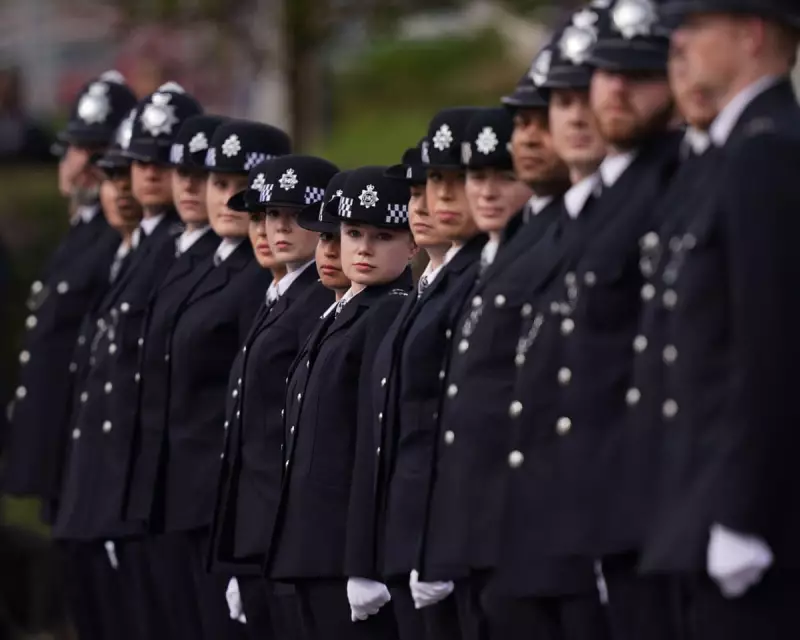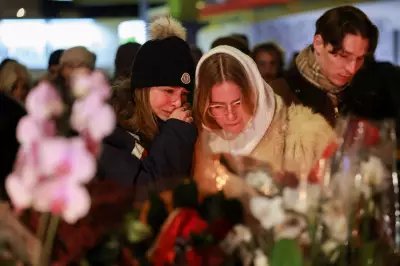
Britain's police forces stand accused of presiding over a 'long history of failure' in confronting deep-seated racism within their ranks, despite repeated promises of root-and-branch reform. A damning assessment reveals how warning signs have been systematically ignored for decades, allowing discriminatory practices to become embedded in police culture.
A Pattern of Broken Promises
Since the landmark Macpherson Report in 1999 labelled the Metropolitan Police as 'institutionally racist', forces across England and Wales have faced mounting criticism for their inability to address racial discrimination. Yet despite numerous initiatives and diversity drives, progress has been described as 'glacial at best, non-existent at worst' by community leaders.
The Evidence Mounts
Recent statistics paint a troubling picture of ongoing disparities:
- Black people remain nine times more likely to be stopped and searched than white individuals
- Ethnic minority officers continue to report experiencing racism from colleagues
- Promotion rates for non-white officers lag significantly behind white counterparts
- Community trust in policing remains critically low in many minority communities
Institutional Resistance to Change
Experts point to a 'culture of defensiveness' within police leadership that has repeatedly undermined reform efforts. Whistleblowers have described facing retaliation for raising concerns about racist behaviour, while internal complaints procedures are often perceived as protecting the institution rather than addressing wrongdoing.
The Human Cost
Beyond the statistics lies a deeper story of damaged lives and broken trust. Families who have experienced discriminatory policing speak of 'generational trauma' and a growing belief that the system is rigged against them. Community advocates warn that without meaningful change, the fundamental principle of policing by consent is being eroded in neighbourhoods that need protection most.
A Crossroads for British Policing
As pressure mounts for genuine reform, police leaders face a critical choice: continue with piecemeal initiatives or embrace the transformational change that multiple reports have demanded. The credibility of British policing may depend on which path they choose.





